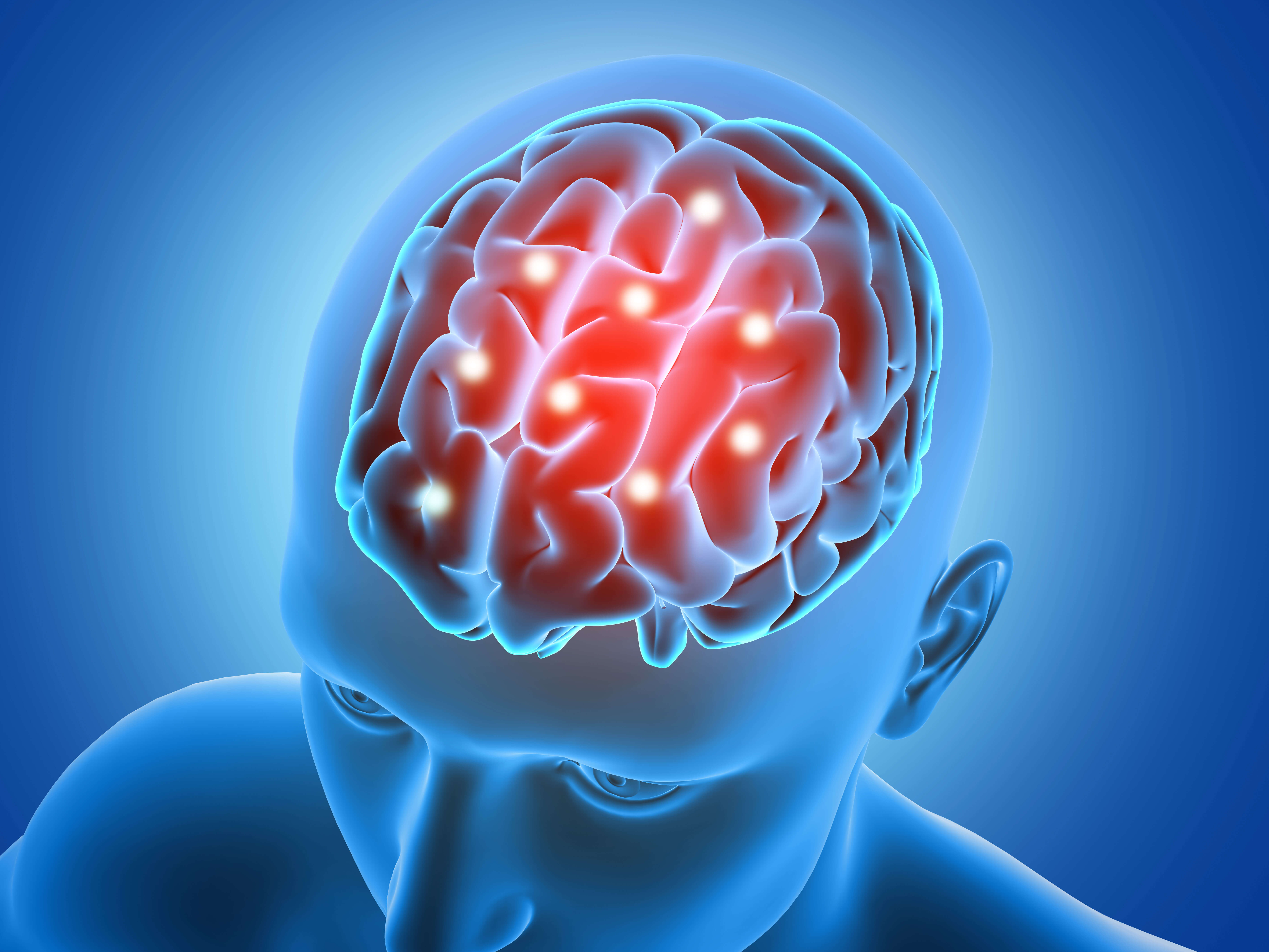Signs and Symptoms of Brain Cancer
Since various parts of the brain are responsible for controlling different processes, the symptoms of a brain tumor or brain cancer early symptoms may range widely. Tumors in some parts of the brain, such as the cerebellum near the rear of the head, may disrupt normal brain function and lead to difficulties with movement, balance, walking, and coordination. If the tumor presses on the nerves that carry visual information, known as the optic pathway, vision problems might develop. How quickly and how large a tumor is developing also has a role in determining the symptoms of brain cancer. Brain tumor symptoms may include, but are not limited to, the following:
- Headaches
- Discomfort with mental or linguistic processes
- Convulsions or a seizure
- Changes in one's personality or conduct
- Inability to maintain equilibrium; feeling lightheaded or unsteady
- Part or all of the body becomes weak, numb, or paralyzed
- Disabling partial deafness
- Negative feelings of confusion and muddled thinking
- Vision changes
- Loss of memory
Early Warning Signs of Brain Cancer
Since the symptoms of brain cancer may vary widely depending on the size and location of the tumor, the patient's age, as well as the patient's overall health history, and because these symptoms sometimes mirror those produced by other medical diseases, it is essential to contact a qualified medical practitioner to get an accurate diagnosis. Some of the first warning signs or first signs of brain tumor of brain cancer may include:
- A persistent headache that worsens over time and varies in severity according to the time of day and the person's head position.
- Seizures
- Loss of sensation or numbness
Symptoms of Brain Cancer
If a person is experiencing any of the following symptoms, they must see a brain cancer expert as soon as possible:
1. Headaches
Headaches were reported by 46% of patients, making them the most prevalent symptom. However, there was no consistent pattern to their pain descriptions that may be used to diagnose a brain tumor. Although headaches are common, it is important to remember that many individuals have them regularly. Therefore, headaches that are unusual for you, that come with nausea, or that are worse by stooping or straining at the toilet should be mentioned to your doctor.
2. Seizures
Before their diagnosis was determined, 33% of patients reported having seizures. Seizures may be brought on by several other conditions outside epilepsy, including fever, trauma, stroke, and even certain types of infection. A brain scan is frequently necessary after the first seizure in someone who has never experienced one.
3. Vision issues
One-quarter of people said they had trouble seeing clearly. On the other hand, hearing and visual issues are simple to see and need medical attention. The ophthalmologist often makes the first diagnosis since elevated ICP may manifest itself in the eyes. This calls for further inquiry.
4.Personality changes or mood shifts
Brain tumors have been linked to personality and behavioral changes due to their disruptive effect on brain function. Additionally, they may trigger erratic changes in temperament. For example, You used to be amiable, but now you're quick to anger. One minute you're calm and cheerful, and the next, you pick fights with no warning. These shifts may arise early on as a consequence of the brain tumor, or they may emerge later as a side effect of chemotherapy or other cancer therapies.
5. Memory loss and confusion
Discomfort in concentrating, focusing, or paying attention. Memory issues, including forgetting names, faces, and phone numbers, and the inability to think clearly and make decisions because of a pervasive sense of confusion, are the early signs of brain cancer. You may need help. Your feelings and actions might shift as well. Your moods may fluctuate, you'll weep or become furious at inconvenient moments, and you'll behave differently in group settings.
6. Nausea and vomiting
A tumor in a specific portion of the brain may also cause signs of brain tumor like nausea and vomiting. To provide just one example, a cerebellar tumor may cause dizziness and nausea by putting pressure on the portion of the brain responsible for maintaining equilibrium. Similarly, having your brain stem compressed may result in double vision and subsequent sickness.
Symptoms Based on Tumor Location
IPossible sites of tumor growth in the brain, along with their associated signs, are listed below.
The Frontal Lobe
The Parietal Lobe
The Temporal Lobe
The brain's frontal lobe, which sits just beyond the forehead, regulates higher-order mental processes, including language, memory, problem-solving, judgment, and facial expression. A brain tumor here may induce not only personality changes like apathy, irritability, or violence but also speech or a visual impairment, weakness on one side of the body, and trouble walking.
The parietal lobe is the major sensory processing region of the brain, responsible for interpreting and integrating various bodily stimuli, especially for establishing a sense of "self" in connection to the external environment. Coordination problems, the impression of weakness, right-left confusion, arithmetic difficulties, and even the loss of feeling in one portion of the body might result from a tumor in this area of the brain.
The temporal lobes, located on both sides of the brain, just in front of and behind the ears, are responsible for the genesis of new memories. The primary auditory cortex, which decodes sounds heard by the ears into understandable language, is also located in this area. Seizures, difficulty remembering words, and forgetting recent events are typical indications of a tumor in this brain area.
When to See Doctor?
A brain cancer diagnosis necessitates frequent checkups with your medical team so that you can get therapy and keep an eye on your early signs of brain tumor. If you have any worsening or new symptoms, it is important to schedule an appointment with your Doctor to be checked out. Regular checkups with your Doctor are recommended even after treatment for a brain tumor has been completed. At Apollo Hospital, proton therapy is used to treat a wide variety of tumors, including those of the brain, neck, central nervous system, lungs, prostate, and gastrointestinal tract.
Conclusion on Symptoms of Brain Cancer
It's terrifying and distressing to find out you have a brain tumor or have any first symptoms of brain tumor. However, not all brain tumors are malignant; almost two-thirds of these growths are completely harmless. But they nonetheless pose risks to your mental health. You may be certain that your healthcare providers will create a comprehensive strategy to treat the tumor and enhance your quality of life.

Copyright © 2023 Apollo Proton Cancer Centre. All Rights Reserved





